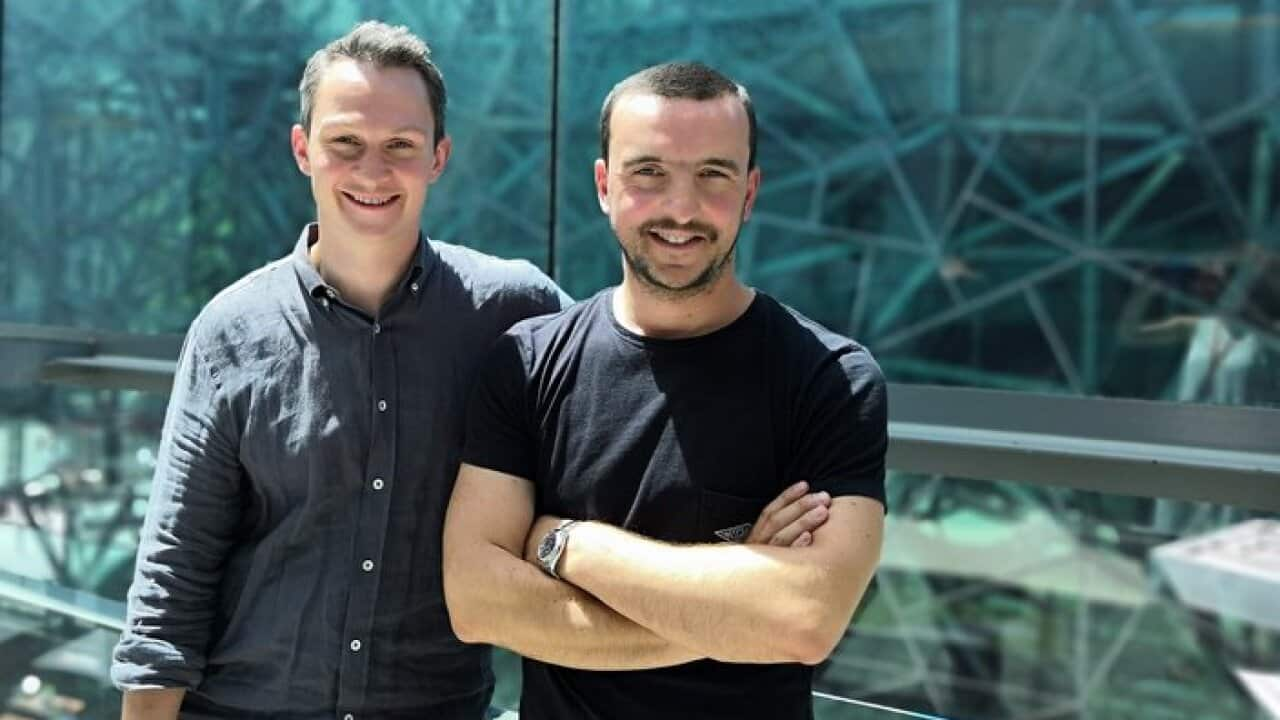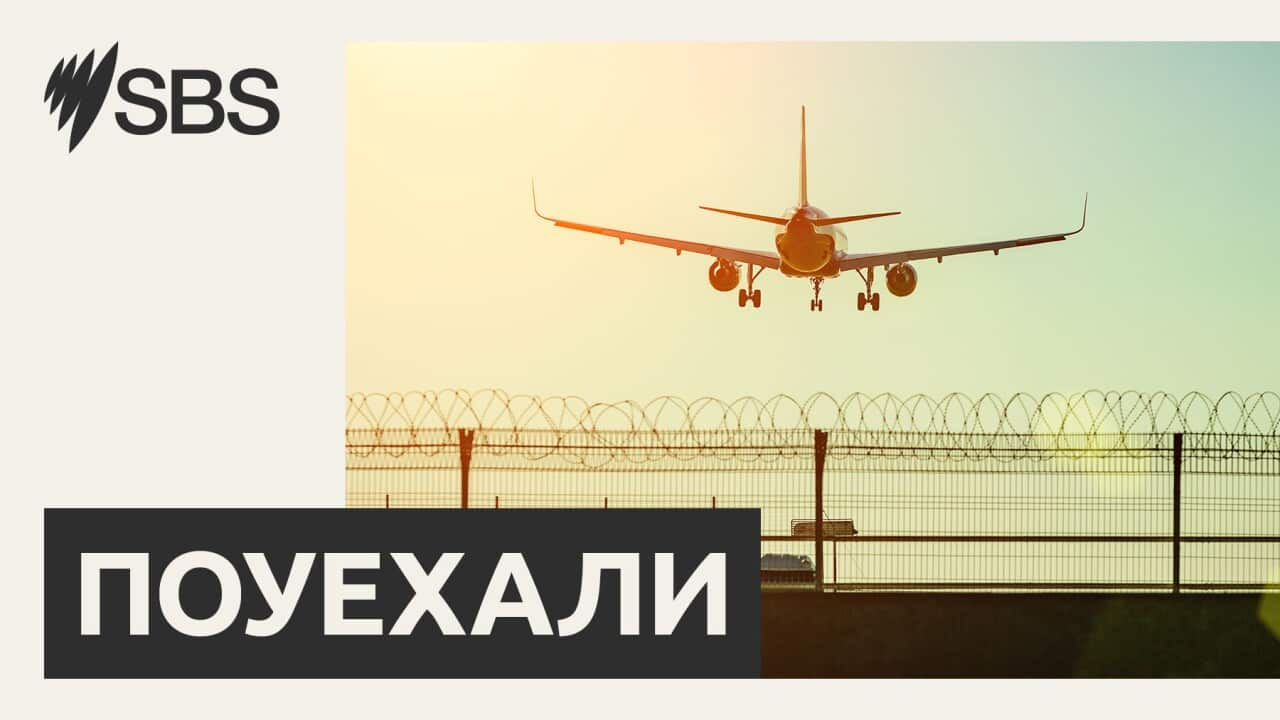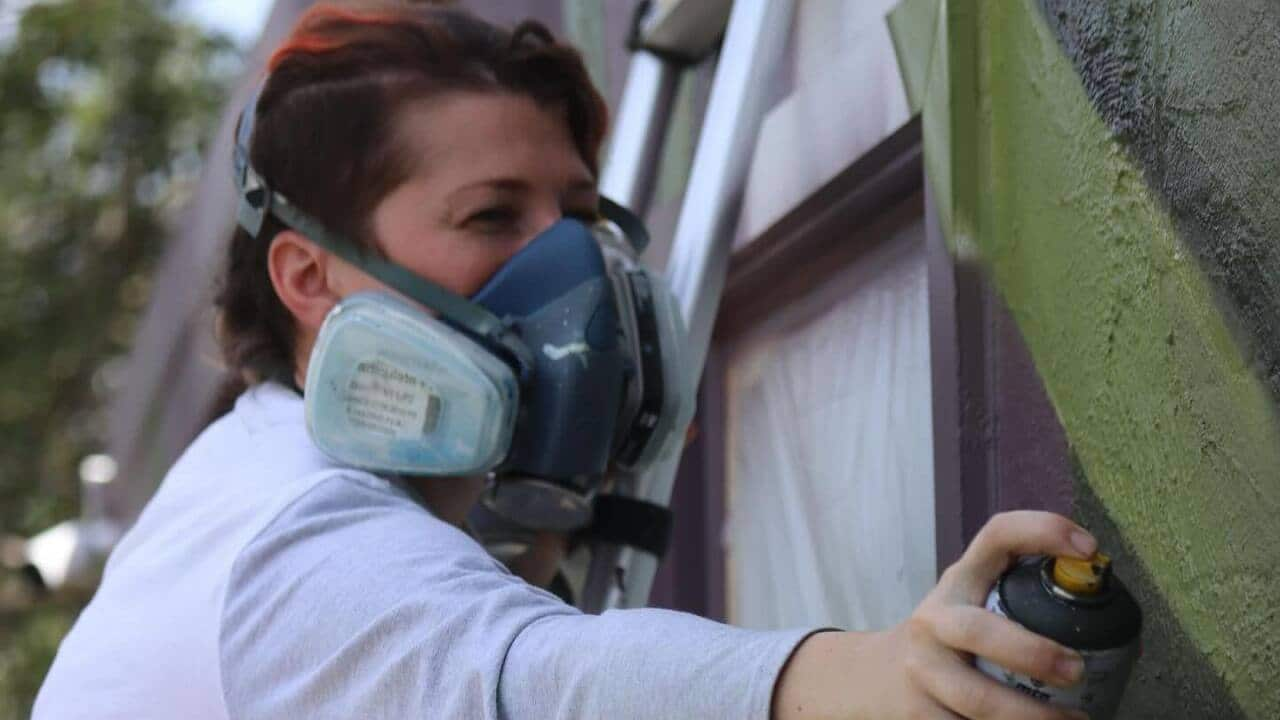Life before Australia
“When I was growing up, homosexuality was a criminal offence,” says Sergey of his life in the Soviet Union.
When he turned 18, Sergey looked for information about his sexuality and managed to meet people much older than him who had lived under a criminal label almost their entire lives. The stories they told horrified Sergey.
“It was a monstrous situation, because you are born with this sexuality and then you are criminalised for it,” he says. “Some of those people were forced to hide their true sexual identity until they died.”
Homosexuality was decriminalised in Russia in 1993, but gay people had been hunted down and repressed throughout the Soviet era, leaving a lasting cultural taboo.
Daniil grew up after the collapse of the USSR and belongs to the Perestroika generation where young people gained access to popular glamour magazines of the relatively socially liberal West. Yet these magazines made him think that one could be converted to and from homosexuality.
“I was 14 when I realised my sexuality but I believed that if ‘gay’ is something you could become, I could ‘undo’ it just as well,” he says. “And I tried to correct myself. I dated girls until I was 19.”

Sergey and Daniil, St. Petersburg 2008 (Family archive) Source: Courtesy of Sergey Kucher
Russian into love
Sergey and Daniil met 13 years ago in a club. The pair had been struggling with their own identities dating women to hide their true feelings for years, to the detriment of their own mental health and others’.
“Hiding was my only way in that society,” says Sergey. I forced myself into falling in love with women, usually with anyone who was around, just to avoid questioning looks. That lie is one of the most unpleasant things I had to do in my life. I lied to those women just with one purpose – to hide the real me.”
When they met, it all changed. “Everything was so clear,” says Sergey. “There was no need to explain or come up with another lie.”
“Everything was so clear,” says Sergey. “There was no need to explain or come up with another lie.”

Daniil and Sergey, Vienna 2011 (Family archive) Source: Courtesy of Sergey Kucher
Both agree that in Australia they feel liberated of that burden.
“Danya is my unconditional family and the most important person I have ever met in my life… The realms of Russian society forced me to lie about my own family.”
It is not about plucking up the courage
In 2013 Russia approved the so-called ‘gay propaganda law’, with the stated aim of at enshrining heterosexual family traditions and restricting any exposure of children to homosexuality.
Sergey remembers when the law came into force and says it was a hard concept to grasp.
“For me it was a law about something that doesn’t exist in this world [homosexual propaganda].”
The couple says they initially didn’t fear for their lives, but shocking events, including their friends being killed on homophobic grounds, changed their perception of Russian society.
“I remember those guys and they definitely didn’t deserve to be killed,” says Sergey.
It became clear that their private life would make life distinctly more difficult in Russia.
“We were not running away from anything or anyone and the events didn’t affect us directly,” says Sergey and Daniil adds that their motivation to leave was the desire to have a family and plan a future that appeared impossible in Russia.
They both know a lot of gay people in Russia who still have active social and professional lives and who don’t see the point of moving overseas.
But Daniil says that back in Russia there is no gay community like Australia’s.
Once in Australia
The pair came to Australia six years ago, having previously visited and loved the country.
Daniil locked down a job before they left Russian, and he remembers his video-link job interview where a recruiter unabashedly asked him whether he was moving to Australia alone or with a partner – something that would never happen in Russia.
“For the first time in the work environment I was asked such a direct question,” he says, “I have never been asked about my personal life at work…When I said I was coming with a same-sex partner, the reaction was neutral as if I said I was coming with a girl.”
But that piece of culture shock was just the beginning.
“The realisation that we are part of a gay community came to us only when we moved to Australia,” says Daniil. “Before I have never felt that I belong to a gay community.”
They also saw the diverse nature of Australia’s gay community, including folks from all walks of life.
“There are tradies, tailors, composers, unskilled workers but they all are part of the gay community and in that sense homesexuality is the connecting factor,” says Daniil.
And when same-sex marriage was finally made legal in Australia, they celebrated like mad. While Russia is often is named as a homophobic society in the media, Sergey believes homophobia doesn’t define the nation, and notes that parts of countries like Australia do have their own intolerant pockets too.
While Russia is often is named as a homophobic society in the media, Sergey believes homophobia doesn’t define the nation, and notes that parts of countries like Australia do have their own intolerant pockets too.

Danya and Sergey, January 2019 (Family archive) Source: Courtesy of Sergey Kucher
“We have travelled a bit and we came across gay hate in different places of the world not to mention some parts of the US or North Queensland,” he says.
Change is a process
Both Sergey and Daniil believe that awareness and education are key to improving the way gay people are treated, and that Russia is at the beginning of this road.
“In 2013 you couldn’t imagine a situation where one of the candidates for the mayor of Moscow would have been gay,” Sergey says. “Well, that was the reality in 2018.”
Now the two newlyweds hope to raise awareness, remove stigma and open discussion about their sexuality.
“We remember ourselves when we were teenagers and the thoughts we had back then,” Daniil says. “Now we want to explain the problems and situations to poor young people who don’t feel the support and tell them – don’t be afraid.”

Sergey Kucher and Daniil Kurilov, January 2019 (Family archive) Source: Courtesy of Sergey Kucher



